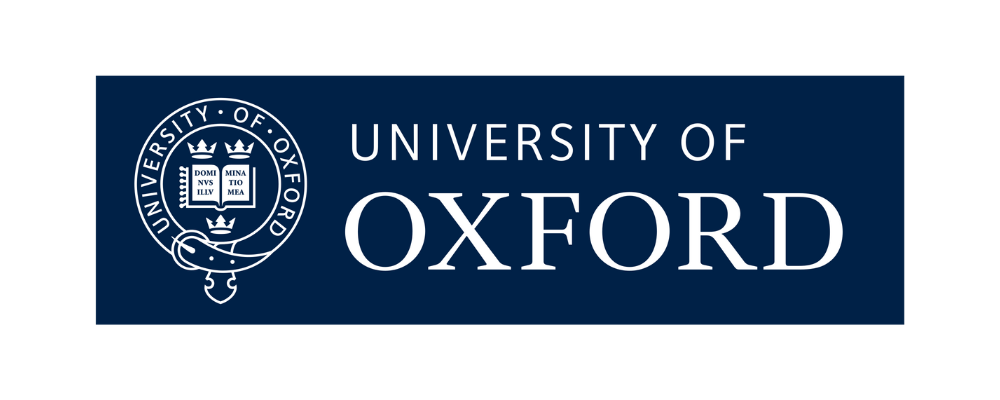
The study, led by teams at the University of Oxford and University of Cambridge, found that adolescents access a variety of different types of support including informal (such as friends and family), semi-formal (like school-based support), and formal services (such as Child and Adolescent Mental Health Services).
While support from friends and family was rated highly in terms of helpfulness, some services – including online support and helplines as well as more formal health and social care services – were not viewed as positively.
Researchers say their findings underscore the importance of recognising the spectrum of support young people use and they urge a radical rethink of mental health services for adolescents.
The findings, published in the journal Psychological Medicine, used data from nearly 24,000 adolescents aged between 11 and 18 who participated in the OxWell Study Survey.
It found:
• 1 in 4 (27%) young people reported having accessed some form of support for their mental health in the previous year, and of those, more than half had accessed at least two forms of support.
• 23% had accessed ‘informal’ support, such as from parents, carers and friends. The majority (between 87 and 91%) of these found this support helpful, including those with elevated symptoms of anxiety and depression.
• 1 in 10 (9.7%) had accessed ‘semi-formal’ support, mostly from school mental health teams or other adults at school. Other adults at school and peer mentors were considered most helpful (82% and 74% respectively).
• Less than one per cent of young people surveyed accessed online and helpline-based support, which were viewed less favourably than other forms of ‘semi-formal’ support (just over half who used them found them helpful).
• Just under 7% of young people accessed ‘formal’ support, such as that provided by Child and Adolescent Mental Health Services (CAMHS), a GP or private therapist or counsellor.
• ‘Formal’ support was generally perceived as less helpful than other forms of support. 55.5% of those who used CAMHS found it helpful.
Professor Mina Fazel, Professor of Child and Adolescent Psychiatry at the University of Oxford and Principal Investigator for the OxWell study, said: ‘Our analysis highlights the multiple ways adolescents are seeking support across formal, semi-formal and informal networks. We are committed to using the findings to help inform how to improve mental health services and support students, especially those young people who are finding it hardest to get help and often need the most support.
‘Already we are using the data to demonstrate to mental health commissioners and decision-makers how services can be more effectively tailored to support young people, such as finding ways to support young people who are helping their friends.’
The researchers say mental health services and support need to be developed and delivered with an understanding that young people often seek multiple sources of support and a better understanding what they would like from services is essential.
Dr Emma Soneson, Senior Postdoctoral Researcher involved in the OxWell study, said: ‘It’s time for a radical rethink of how we provide mental health support that meets the needs and expectations of today’s young people. More joined-up working between families, schools, and health professionals is essential, especially for more vulnerable young people.’
The study used new statistical methods to examine the data, which helped identify groups that were ‘slipping through the cracks’ of support, such as gender diverse adolescents, and young people who did not find support from their parents helpful.
It also showed that while boys were less likely to seek support than girls, when they did, they found it more helpful.
Dr Simon White, a statistician from the University of Cambridge and the Senior Statistician for the OxWell study, said: ‘The study’s unique methodological approach sets it apart from previous studies. In particular, the study puts youth voice centre stage while considering the whole spectrum of support, offering insight not readily available from service data alone nor when focusing on a single type of support.’
The paper, ‘Networks of care for the modern adolescent‘, is published in Psychological Medicine.
“The University of Oxford is a collegiate research university in Oxford, England. There is evidence of teaching as early as 1096, making it the oldest university in the English-speaking world and the world’s second-oldest university in continuous operation.”
Please visit the firm link to site


